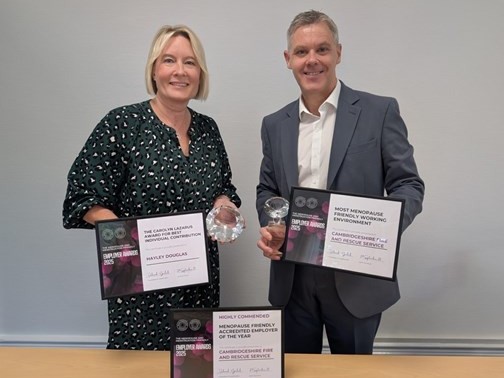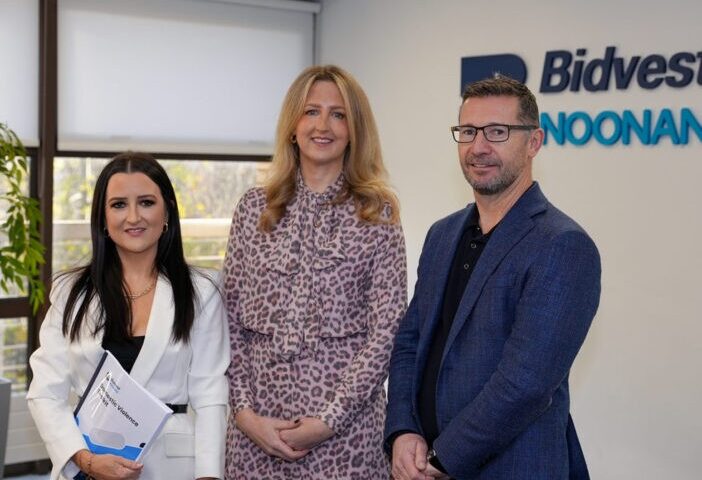NHS Sussex is rolling out ‘WorkWell’ across parts of Sussex to help people with health problems stay in work or get back into employment.
The programme is being delivered with Health Innovation Kent Surrey Sussex as part of the Government’s Get Britain Working plans and the 10 Year Health Plan.
The aim is to move care from hospitals into local communities, focus on prevention, and better join up health and employment support.
WorkWell is targeting musculoskeletal and mental health issues, which are leading causes of long-term sickness and unemployment.
The main goal is early intervention and to bring together health, care and employment services at neighbourhood level.
Research focused on Hastings, East Brighton and Crawley, areas with higher rates of health-related unemployment.
The research found problems with long waits, digital exclusion, unclear referral routes, a lack of cultural understanding, and patchy employer support.
It also showed that primary care staff needed more information about local employment support.
Strong services already exist, but need to be linked up more effectively.
The report recommended more coordinated, person-centred care and for the fit note process to be built into referral pathways, so people struggling at work from poor health can get help sooner.
Rebecca Sharp, associate director at Health Innovation KSS, said: “With thanks to all participants who generously shared their time and insights, we identified key recommendations to support the mobilisation of WorkWell in Sussex.
“These include embedding services in trusted community settings and leveraging VCSE networks to build engagement, alongside integrating the Fit Note process into referral pathways.
“We look forward to seeing the impact of the WorkWell initiatives in East Brighton, Crawley, and Hastings.”
Dr David Fox, clinical director, Hastings and St Leonards Primary Care Network, said: “We know how important it is for people’s health and wellbeing to be at work.
“General practice has an important role to play but needs to work better as part of the wider employment and skills agenda in East Sussex.
“We are looking forward to enhancing our work with local partners through the WorkWell programme to support more people to stay in work or get the care and support they need to get back to work.”
Dr Vandana Verma, clinical director, Deans and Central Brighton PCN, said: “We know that being in good, meaningful work has benefits that go far beyond the economy.
“It supports mental and physical wellbeing, restores confidence, and fosters a sense of belonging.
“In East Brighton, where residents face high levels of deprivation and poorer health outcomes, many people live with complex health conditions such as mental health or musculoskeletal issues, often made worse by digital exclusion, insecure work, and disjointed support systems.”
Verma added: “The WorkWell pilot gives us a vital opportunity to change that. Its aim is to test new, joined up ways of supporting people with health related barriers to either stay in work or move closer to employment.
“By strengthening integration between primary care, community services, and employment support, and addressing system level issues like fragmented referrals, we aim to create preventative, person centred pathways.
“This is about empowering individuals to shift mindsets, build confidence, and take meaningful steps toward healthier, more secure futures in a community that has too often been underserved.”
Lola Banjoko, deputy chief integration & primary care officer and director of joint commissioning at NHS Sussex, said: “WorkWell will help people in Sussex overcome health barriers to employment by joining up health, care and community support.
“By focusing on prevention and person-centred care, we aim to reduce inequalities and improve both health and employment outcomes.”
Jacqueline Thatcher, health inequalities and partnerships officer at Crawley Borough Council, said: “The Crawley Local Community Network are delighted to have the opportunity to be involved in WorkWell.
“Work is more than just economically important and we know that the longer someone has been out of work, the harder it is for them to return.
“The Deep Dive Report has given us a clear direction to shape a project for individuals with MSK issues who experience health inequalities and multiple barriers to returning to work.”
Thatcher added: “We are building on the excellent work already taking place by growing connections between professionals, ensuring there is a seamless pathway of support.”
Kaye Duerdoth, deputy CEO at Trust for Developing Communities, said: “In East Brighton, we are taking a community centred and practice led approach, building on our cross sector collaboration around health and care.
“We know mental health is a community priority and we are keen to support the needs of both younger and older people experiencing mental health and MSK issues.”

















